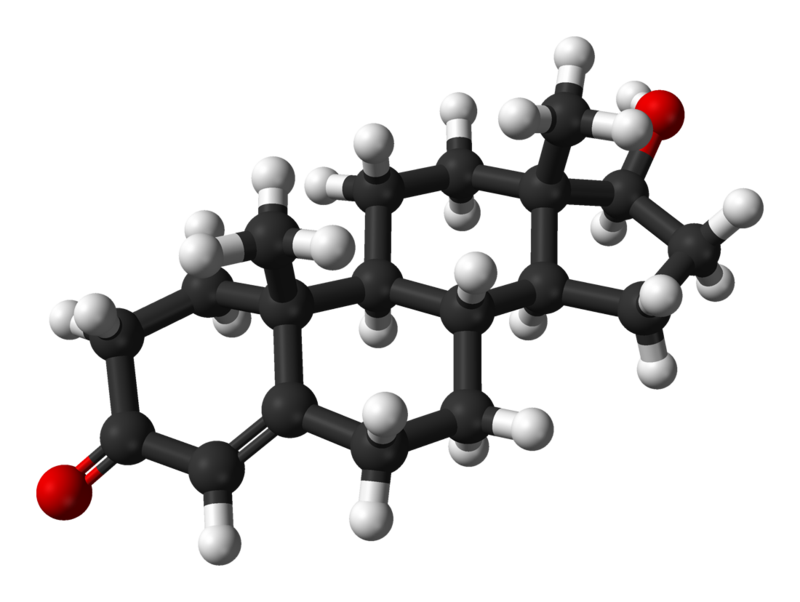
With the Olympics underway, testosterone is again in the spotlight over its role in enhancing physical performance, with rules about its natural level being once again debated. It has also been popularly thought to be involved in success in other endeavours – but its importance in this regard may be overrated.
New research has found little evidence that testosterone exerts a meaningful influence on successes in life for men or women. The study in fact suggests that testosterone’s importance outside of physical endeavours could be even less important than previously believed.
In men, it is known that testosterone is linked to socioeconomic position, such as income or educational qualifications. Researchers from the University of Bristol’s Population Health Sciences (PHS) and MRC Integrated Epidemiology Unit (IEU) set out to determine whether this is because testosterone has an influence on socioeconomic position, as opposed to socioeconomic circumstances affecting testosterone levels, or if it was a case of health affecting both. The findings are published in Science Advances.
To isolate effects of testosterone itself, the investigators used Mendelian randomisation in a sample of 306,248 UK adults from UK Biobank. They explored testosterone’s influence on socioeconomic position, including income, employment status, neighborhood-level deprivation, and educational qualifications; on health, including self-rated health and BMI, and on risk-taking behaviour.
Dr Amanda Hughes, Senior Research Associate in Epidemiology in Bristol Medical School: Population Health Sciences (PHS), said: “There’s a widespread belief that a person’s testosterone can affect where they end up in life. Our results suggest that, despite a lot of mythology surrounding testosterone, its social implications may have been over-stated.”
First, the team identified genetic variants linked to higher testosterone levels, and explored their links to outcomes. Since genetic variations are essentially fixed throughout a lifetime, it is highly unlikely that they are affected by socioeconomic circumstances, health, or other environmental factors.
In common with prior studies, multivariate analysis showed men with higher testosterone had higher household income, lived in less deprived areas, and were more likely to have a university degree and a skilled job. Higher testosterone in women was linked to lower socioeconomic position, including lower household income, living in a more deprived area, and lower chance of having a university degree. Consistent with previous evidence, higher testosterone was associated with better health for men and poorer health for women, and greater risk-taking behaviour for men.
In contrast, the Mendelian randomisation method showed there was little evidence that the testosterone-linked genetic variants were associated with any outcome for men or women. The research team concluded that there is little evidence that testosterone meaningfully affected socioeconomic position, health, or risk-taking in men or women. The study suggests that – despite the mythology surrounding testosterone – its importance is much less than previously held.
Since the results for women were less precise than the men’s, the influence of testosterone in women could be further explored with larger sample sizes.
Dr Hughes added: “Higher testosterone in men has previously been linked to various kinds of social success. A study of male executives found that testosterone was higher for those who had more subordinates. A study of male financial traders found that higher testosterone correlated with greater daily profits. Other studies have reported that testosterone is higher for more highly educated men, and among self-employed men, suggesting a link with entrepreneurship.
“Such research has supported the widespread idea that testosterone can influence success by affecting behaviour. There is evidence from experiments that testosterone can make a person more assertive or more likely to take risks – traits which can be rewarded in the labor market, for instance during wage negotiations. But there are other explanations. For example, a link between higher testosterone and success might simply reflect an influence of good health on both. Alternatively, socioeconomic circumstances could affect testosterone levels. A person’s perception of their own success could influence testosterone: in studies of sports matches, testosterone has been found to rise in the winner compared to the loser.”
Source: University of Bristol
Journal information: Testosterone and socioeconomic position: Mendelian Randomization in 306,248 men and women in UK Biobank’, Science Advances (2021).

